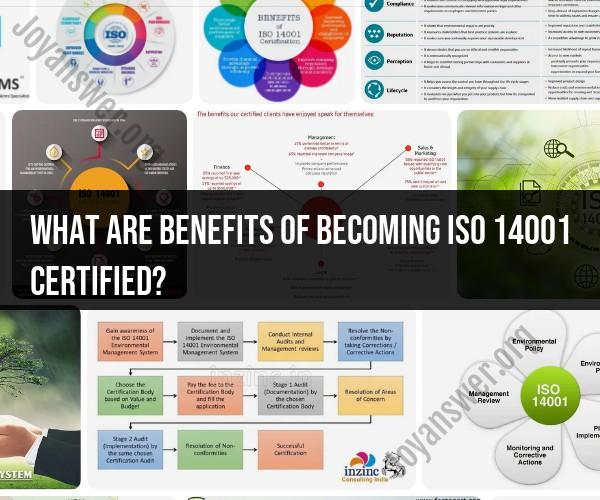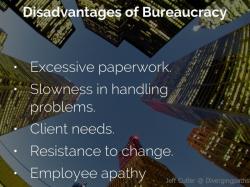What are benefits of becoming ISO 14001 certified?
Becoming ISO 14001 certified offers numerous benefits for organizations seeking to enhance their environmental performance and demonstrate a commitment to environmental sustainability. Here are some of the key benefits of ISO 14001 certification:
Improved Environmental Performance: ISO 14001 provides a structured framework for identifying and addressing environmental aspects and impacts. Organizations can systematically reduce their environmental footprint and improve resource efficiency.
Legal and Regulatory Compliance: ISO 14001 helps organizations stay compliant with environmental laws and regulations. It provides a mechanism for tracking changes in regulations and ensuring that processes and practices align with legal requirements.
Cost Savings: Implementing environmental management practices can lead to cost savings. By reducing waste, conserving resources, and improving energy efficiency, organizations can lower operational costs.
Enhanced Reputation: ISO 14001 certification is a globally recognized symbol of an organization's commitment to environmental responsibility. It enhances an organization's reputation and can be a competitive advantage in the marketplace.
Market Access: ISO 14001 certification may be a requirement or a preference for customers, especially in industries where environmental concerns are significant. Certification can open doors to new markets and customers.
Increased Employee Engagement: ISO 14001 encourages employee involvement in environmental management. Engaged employees are more likely to contribute to sustainability initiatives and offer valuable insights.
Risk Mitigation: By identifying and addressing environmental risks and opportunities, organizations can mitigate the potential for environmental incidents that could harm reputation or operations.
Resource Conservation: ISO 14001 helps organizations conserve natural resources, reduce waste generation, and promote recycling and reuse, contributing to sustainable resource management.
Stakeholder Trust: ISO 14001 certification demonstrates an organization's commitment to transparency and environmental stewardship, building trust with stakeholders, including investors and the community.
Innovation: The continuous improvement aspect of ISO 14001 encourages organizations to innovate in their environmental management practices, potentially leading to new products, processes, or technologies.
Long-Term Sustainability: ISO 14001 fosters a culture of long-term sustainability, encouraging organizations to consider the environmental impacts of their decisions and activities for years to come.
Supply Chain Benefits: Organizations in supply chains often require ISO 14001 certification from their suppliers to ensure that environmental standards are met throughout the production and distribution processes.
Alignment with Sustainable Development Goals (SDGs): ISO 14001 aligns with several of the United Nations Sustainable Development Goals (SDGs) related to environmental protection and sustainability.
Reduced Liability: Effective environmental management practices can reduce the risk of environmental incidents and potential liabilities associated with pollution or non-compliance.
Operational Efficiency: ISO 14001 encourages the streamlining of processes and resource use, leading to increased operational efficiency.
Access to Grants and Incentives: Some governments and organizations offer grants, incentives, or tax benefits to ISO 14001-certified companies as a recognition of their environmental commitment.
ISO 14001 certification is a valuable tool for organizations of all sizes and sectors to demonstrate their commitment to environmental responsibility and sustainable business practices. It can lead to tangible benefits in terms of cost savings, reputation enhancement, and environmental stewardship.













